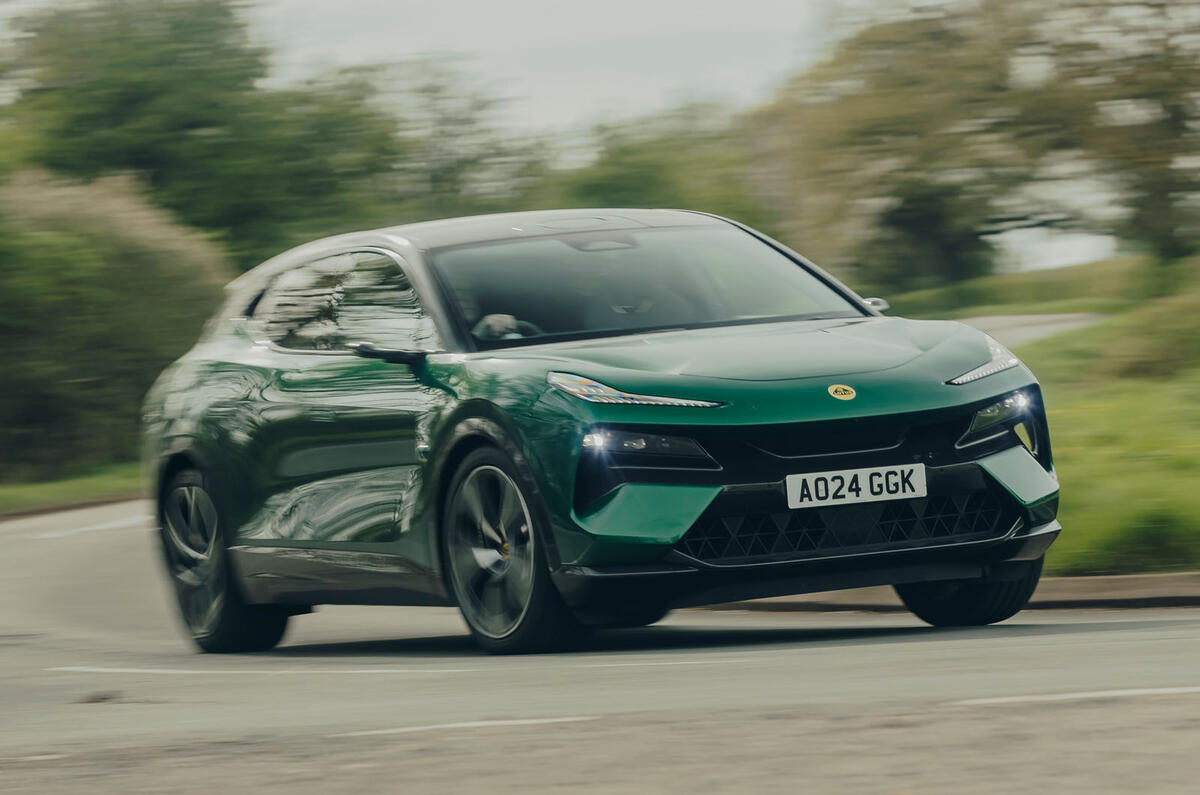Lotus Technology has drastically lowered its sales targets after being hit by additional tariffs in key markets for its China-built electric cars.
The Geely-owned luxury brand now expects to sell 12,000 cars globally this year, 78% down on its previous target of 55,500. For next year, the revised target is 30,000, down from 76,000.




Join the debate
Add your comment
So predictable. Is this finally the end of Lotus? Enthusasts car for enthusiasts become plaything for Chinese look-alike brand factory. Fom tiny, if badly assembled, sports cars to huge inflated EVs. What could possible go wrong? Well, completely inevitable US response to Chinese Govt car-dumping seems to be the answer to that. They started mking taxies, moved to Volvo, the weird diversion into Polestar and now this. It is impossible to repeat this too often. The public do not like EVs as they are at the moment. They, and governments, don't want to surrender the local car industries to China. End of.
I think the end is nigh, for Lotus as we knew it.
Give it a little time and Lotus will go the way of MG, just Chinese cars wearing an old British badge, to help them sell outside of China.